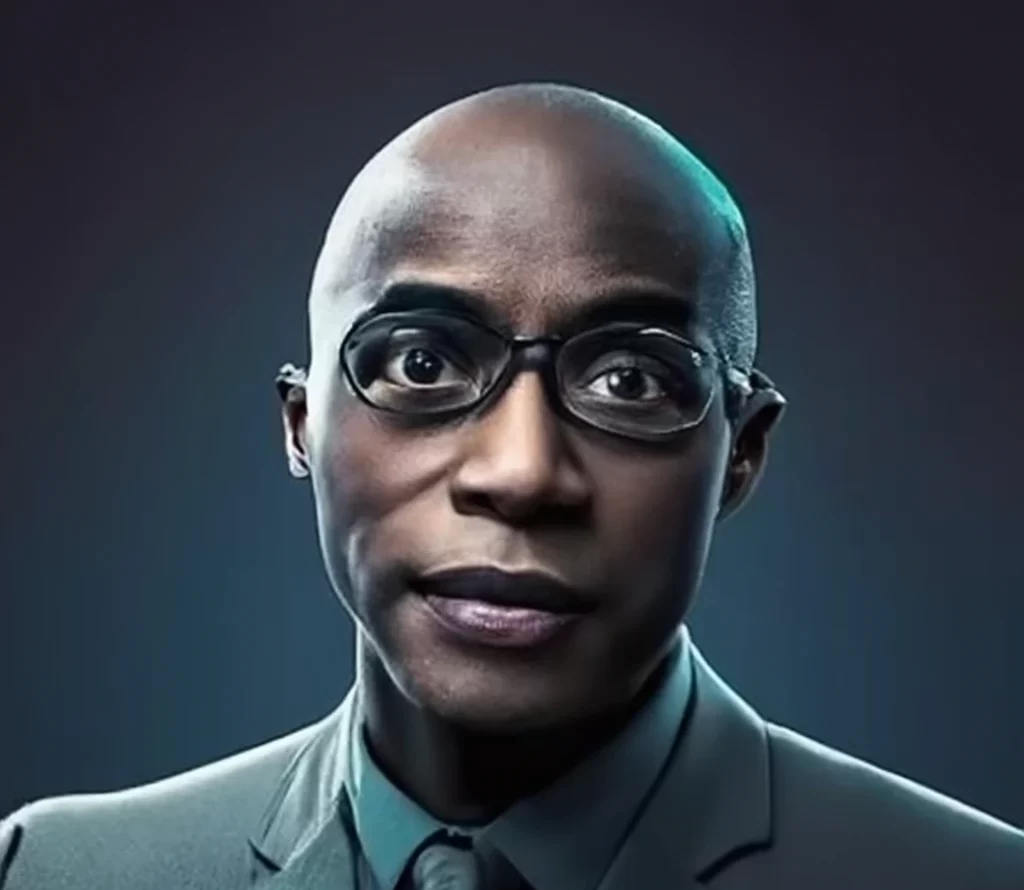Television shows and movies have long served as influential mediums, shaping our perceptions and understanding of the world. Yet, beneath the glitz and glamour, some productions have perpetuated harmful racist stereotypes that have profound implications for society and even government policies. This article aims to shed light on the prevalence of such stereotypes in television and film, and explore their far-reaching impact.
History of Racial Stereotypes as Entertainment
Throughout history, racial stereotypes have been embedded in the entertainment industry. From exaggerated accents to caricatured physical features, these portrayals have reinforced harmful beliefs, perpetuating stereotypes that marginalize and demean racial and ethnic groups. Examples include the portrayal of African Americans as criminals, Asians as exoticized or submissive, and Native Americans as savage or mystical.
Television shows and movies hold immense power in shaping public opinion and perpetuating racial biases. When these stereotypes are depicted, they become ingrained in the collective consciousness, normalizing prejudice and discrimination. This can lead to the reinforcement of harmful stereotypes in everyday life, influencing how individuals perceive and interact with people from different racial backgrounds.
Racial Stereotypes in TV, Movies and Pop Culture
The impact of racist stereotypes extends beyond individual attitudes, affecting social dynamics and relationships. When specific racial groups are depicted in a negative or demeaning light, it reinforces existing power imbalances and fosters a climate of prejudice and discrimination. It hampers efforts to build inclusive communities and perpetuates systemic racism.
Television shows and movies have the power to shape public discourse and influence policy decisions. Racist stereotypes in media can reinforce existing systemic discrimination and hinder progress towards equality. Biased portrayals contribute to the stigmatization of marginalized communities, leading to discriminatory policies and practices in areas such as criminal justice, employment, and education.
Creators, producers, and broadcasters have a significant responsibility in combating racist stereotypes and promoting diverse and inclusive representation. By challenging and dismantling harmful portrayals, they can play a crucial role in fostering positive change. Promoting authentic and nuanced depictions of racial and ethnic communities can lead to increased understanding, empathy, and social cohesion.
It is essential to recognize the progress made in recent years. Many television shows and movies are working to break free from stereotypes and provide more accurate representations of diverse communities. Stories that highlight the richness of different cultures, challenge biases, and celebrate inclusivity can have a transformative impact on society, promoting empathy, and breaking down barriers.
As viewers, we also play a vital role in challenging and dismantling racist stereotypes. By analyzing the media we consume and supporting productions that promote positive representation, we can drive demand for more inclusive content. Engaging in constructive conversations and advocating for change can push the entertainment industry towards more responsible and diverse storytelling.
Curbing Racism with Media Literacy
Promoting media literacy is crucial in addressing racist stereotypes. By equipping individuals with the skills to analyze and deconstruct media messages, we can challenge harmful narratives and empower viewers to reject racist stereotypes. Educating ourselves and others about the impact of media representation is an essential step towards dismantling systemic racism.
Television shows and movies have immense influence, shaping our understanding of the world and our interactions with one another. While some productions have perpetuated harmful racist stereotypes, it is within our collective power to challenge and dismantle these narratives. By demanding inclusive content, promoting media literacy, and advocating for positive representation, we can create a future where television and film contribute to a more fair society, free from the shackles of racial stereotypes.
Noteworthy Movies About Racism
A few interesting movies to watch that address and tackle the issue of racial and cultural stereotypes are listed below:
- To Kill a Mockingbird
Powerful story about the 1930s Deep South and the racial injustice and prejudice that was rampant at the time. - American History X
Story about Derek, a former neo-Nazi and white supremacist, on his journey toward change. This movie confronts the destructive power of racism and shows that it is possible to overcome hate and find redemption. - 12 Years a Slave
Imagine being a free person one day and suddenly being forced into slavery. This movie tells the true story of Solomon Northup and shows us the terrible things that happened during that time in history. - Selma
Learn about Dr. Martin Luther King Jr. and his fight for equal voting rights. This movie shows how brave people stood up against racism and fought for change. - Hidden Figures
This movie celebrates the incredible achievements of African American women who worked at NASA. They faced challenges because of their race and gender, but their contributions were vital to the success of space exploration. - The Color Purple
Join Celie as she navigates life in the early 1900s. This movie tells the story of African American women facing discrimination and finding strength in their bonds with each other. - Get Out
Picture a young man visiting his girlfriend’s family, but things start to get weird. This movie explores racism and the fears and anxieties that come with it in a thrilling and thought-provoking way. - Crash
Follow the lives of different people in Los Angeles as their paths cross and racial prejudices collide. This movie explores the impact of stereotypes and the need for understanding and empathy.



